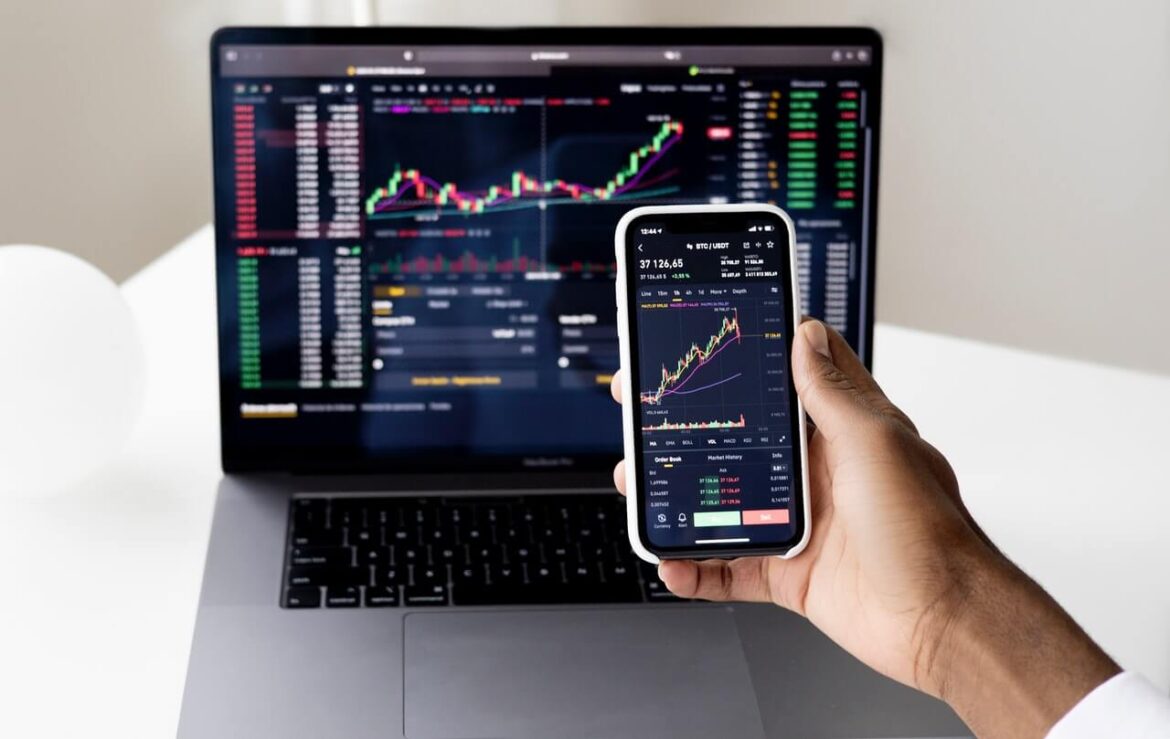Financial services innovation typically involves the implementation of technologies into novel situations, and UK brokers are currently looking at blockchain considerably further than its perceived connection with cryptocurrencies. Although most traders consider blockchain only in relation to Bitcoin and other digital currency, the technology is much more widely applicable. Brokers are already starting to realize that it has the potential to simplify business, improve security, and increase transparency in the forex market.
Transaction settlement is one of the most promising applications. Traditional clearing and settlement processes can be both time and cost intensive and dependent on several intermediaries using the old infrastructure. The implementation of blockchain will enable brokers to enable near-immediate settlements using fewer middlemen, which will be cheaper and more efficient. This can transform the dynamics of the way clients experience the trade execution process, making it easier and more trustworthy.
The other value that blockchain brings is data integrity. The technology generates records that cannot be altered or modified without being identified, and this aspect can prove handy in a business where trust is the key element. With a forex broker, blockchain can be employed to ensure the trading history, audit trails, and client verification data is authentic, which will make the forex broker more trustworthy, and assure the traders that the sensitive information is being treated with the highest level of attention.
The technology is also beneficial as far as compliance is concerned. Proper and transparent reporting is required by regulators, and blockchain offers a system where all transactions are managed and can be audited without effort. This will decrease the chances of conflict and will enable brokers to prove that they are complying with high standards of oversight. It also contributes to the overall shift in transparency in the industry and makes business practice more in line with both client and regulatory expectations.
Smart contracts have also begun attracting interest. These self-executing arrangements may be used to automate business activities, including margin calls, collection of fees or even account validation. Such functions can be automated in order to relieve administrative workloads, in addition to minimizing the possibility of human error. This automation enables brokers to better allocate their resources, and in the end, achieve better services for the clients.
The other factor that is making blockchain interesting is its global reach. Cross-border transactions are usually accompanied by delays and high transaction fees, which blockchain-based solutions can considerably simplify. To the UK brokers seeking to venture into new markets, this has been an effective and cheap means of facilitating international clients. Speed and security of money transfer enhance connections in areas where the traditional banking infrastructure is not as well-developed.
Broker partnerships with fintech firms further speed up market innovation. Joint projects are already coming up with blockchain-based applications that are specifically designed to work in trading settings. These are sophisticated analytics tools, liquidity management software, and secure identity verification tools. Through these alliances, brokers are placing themselves in the centre stage of industry change.
The larger effect of the implementation of blockchain will be to transform the perception of the traders regarding the relevance of brokers. Instead of just being perceived as intermediaries, blockchain adopting firms are positioning themselves as transparent, innovative, and efficient. When a forex broker manages to adopt this technology, it becomes flexible in a competitive market, which sends a message to the clients that a broker is ready to evolve along with the industry.
Blockchain will be a key component of the infrastructure that will support financial services. Although cryptocurrencies brought the technology, its application extends much further than digital coins. The economic benefit of integrating blockchain into their business process is not only a change in technology but also a change in approach to more resilient, open, and customer-focused trading environments to UK brokers.




